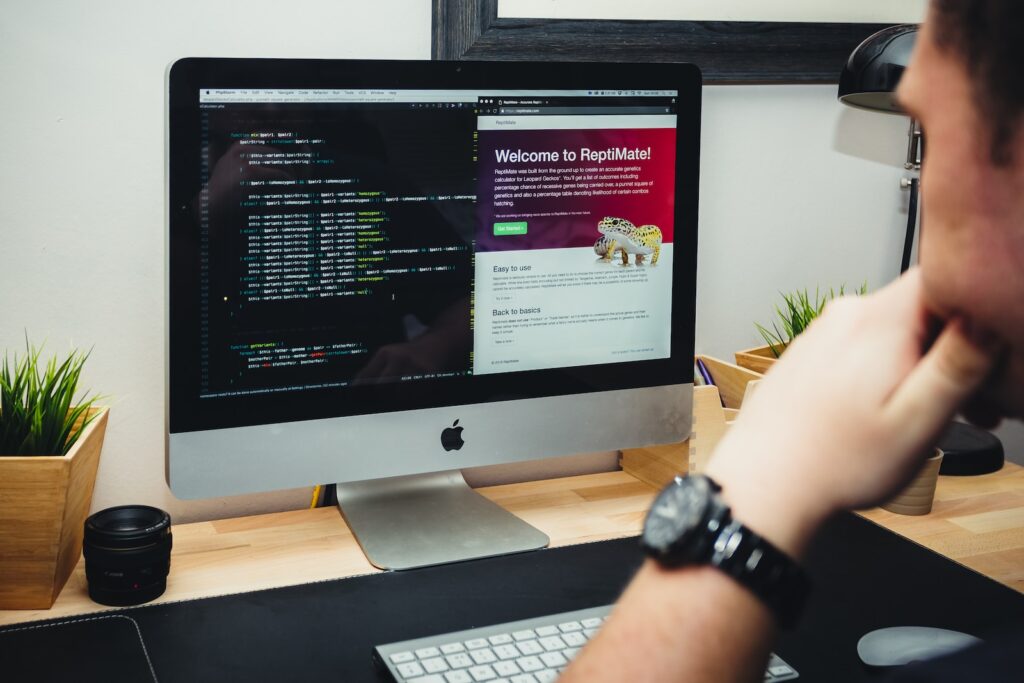
In today’s fast-paced digital world, website load time is crucial for maintaining user engagement and achieving higher search engine rankings. A slow-loading website can result in higher bounce rates, lower user engagement, and reduced search engine rankings. In this article, we will discuss how to optimize your website’s load time for better SEO rankings.
1. Measure Your Website’s Load Time
Before optimizing your website’s load time, it’s essential to measure its current performance. Use tools like Google PageSpeed Insights, Google Analytics, or Pingdom to analyze your website’s load time and identify areas for improvement.
2. Optimize Images
Large images can significantly impact your website’s load time. Compress your images and use appropriate file formats to reduce their size without compromising quality.
3. Enable Compression
Use Gzip, a file compression software, to reduce the size of your CSS, HTML, and JavaScript files larger than 150 bytes.
4. Minimize Plugins and Third-Party Scripts
Too many plugins and third-party scripts can slow down your website. Minimize their use and remove any unnecessary plugins or scripts.
5. Enable Browser Caching
Browser caching allows your website to load faster for repeat visitors by storing static files on their devices. Enable browser caching to enhance page speed and improve user experience.
6. Improve Server Response Time
Server response time is affected by factors such as traffic, resources, software, and hosting solutions. Optimize your server response time by addressing performance bottlenecks like slow database queries, slow routing, or insufficient memory. Aim for a server response time under 200ms.
7. Use a Content Delivery Network (CDN)
A CDN distributes your content globally, reducing the distance data has to travel and improving your website’s load time. Implement a CDN to enhance your website’s performance.
8. Choose a Fast and Reliable Web Hosting Service
Your web hosting service plays a significant role in your website’s load time. Ensure you have a fast and reliable web hosting service to support your website’s performance.
9. Prioritize Content Relevance
While optimizing your website’s load time is essential, it’s crucial not to compromise content relevance and search intent. Focus on creating high-quality content that meets users’ needs and expectations.
10. Continuously Monitor and Optimize
Regularly monitor your website’s performance and make necessary adjustments to maintain optimal load times. Use the tools mentioned earlier to track your website’s load time and identify areas for improvement. Take the plunge into the digital realm—discover more, innovate more, and make your mark; visit the website now.
In conclusion, optimizing your website’s load time is essential for better SEO rankings and improved user experience. By implementing the strategies mentioned above, you can enhance your website’s performance, increase user engagement, and achieve higher search engine rankings.
